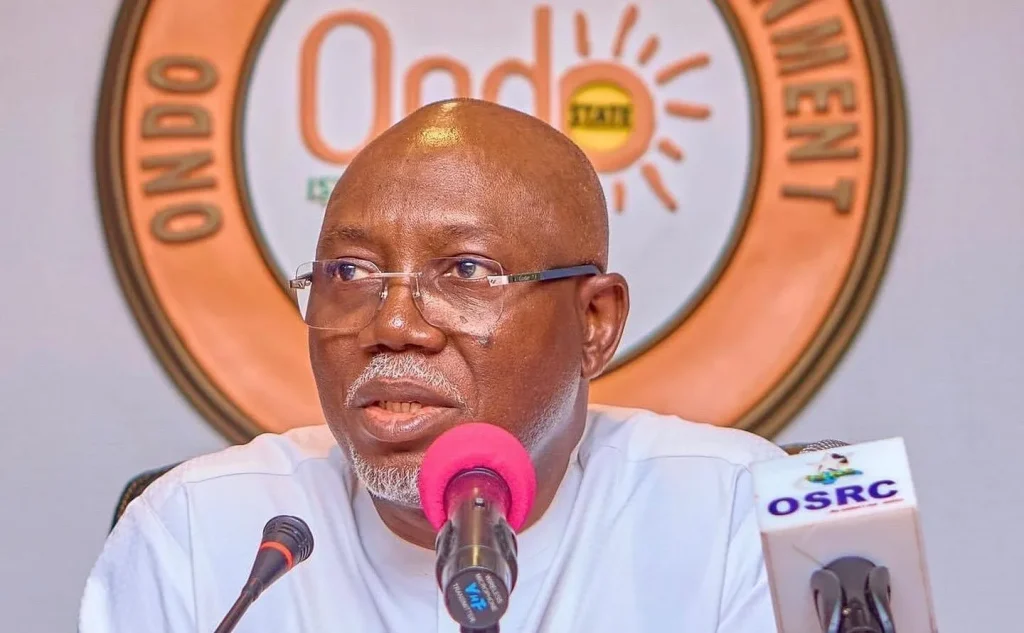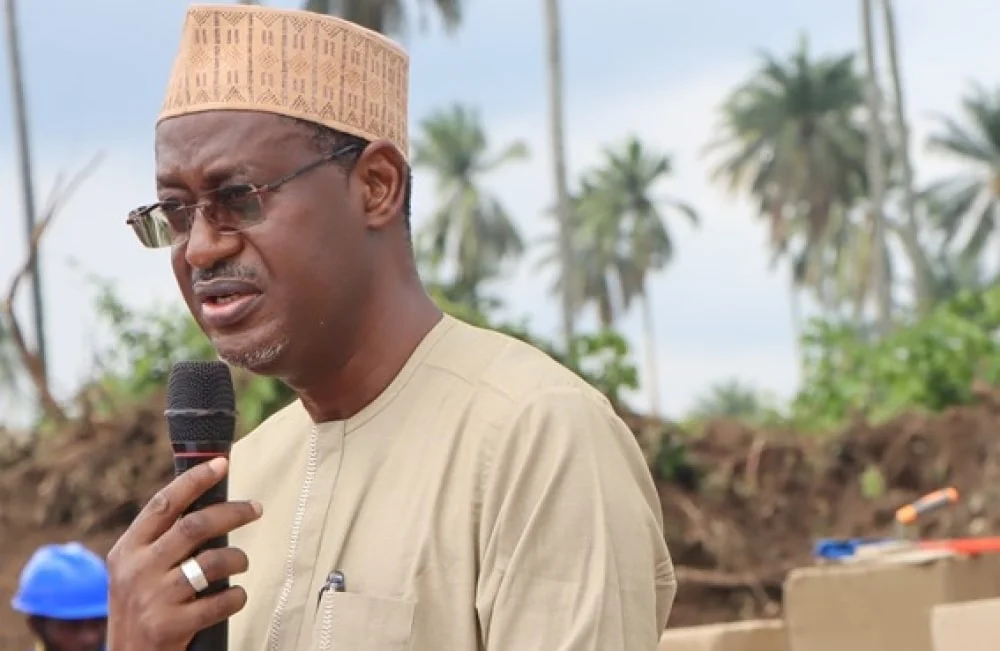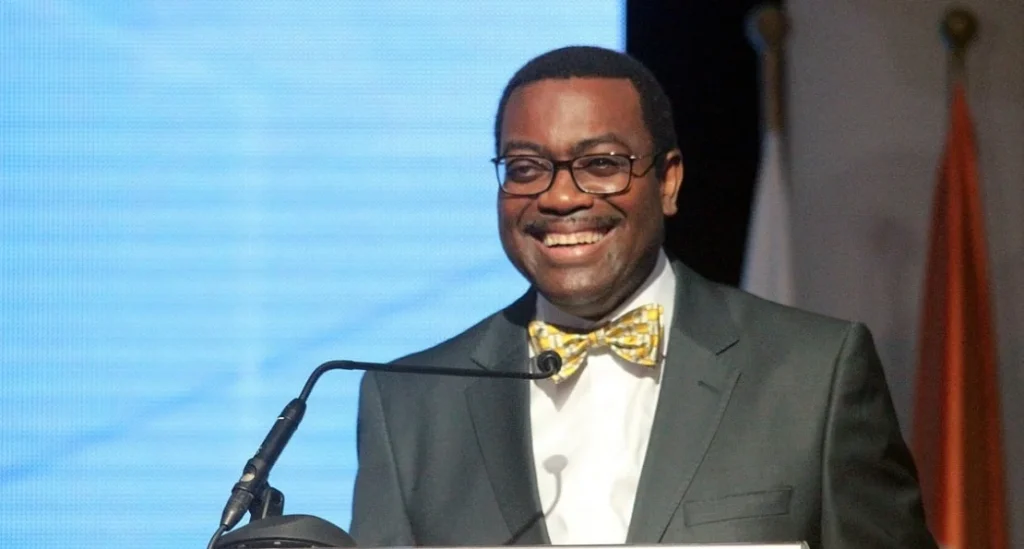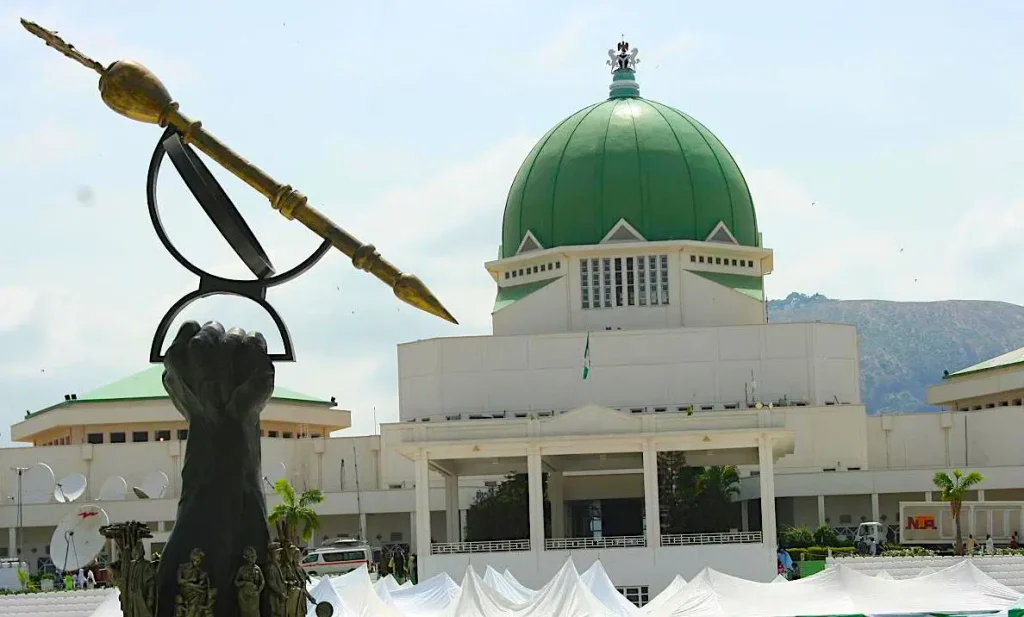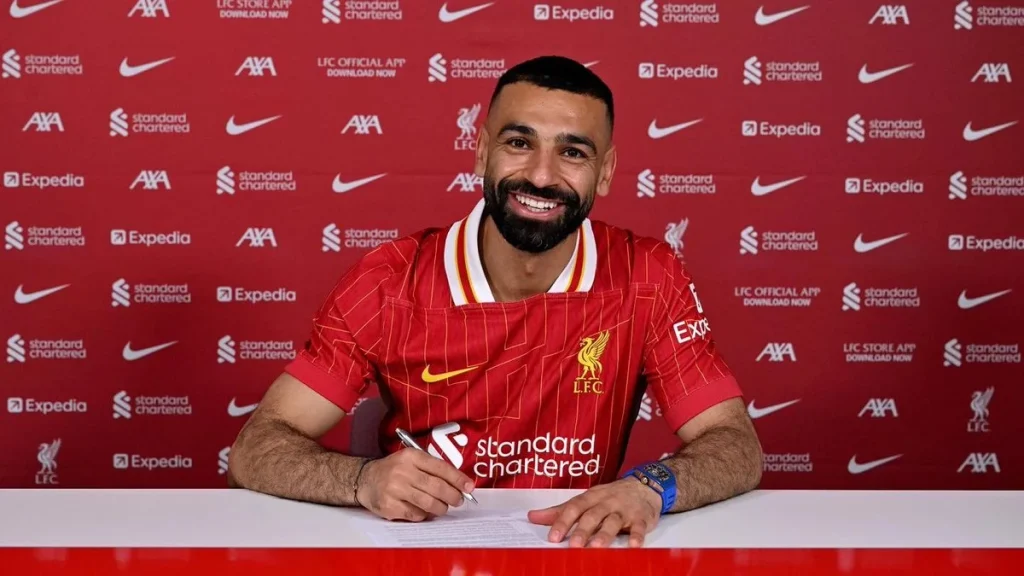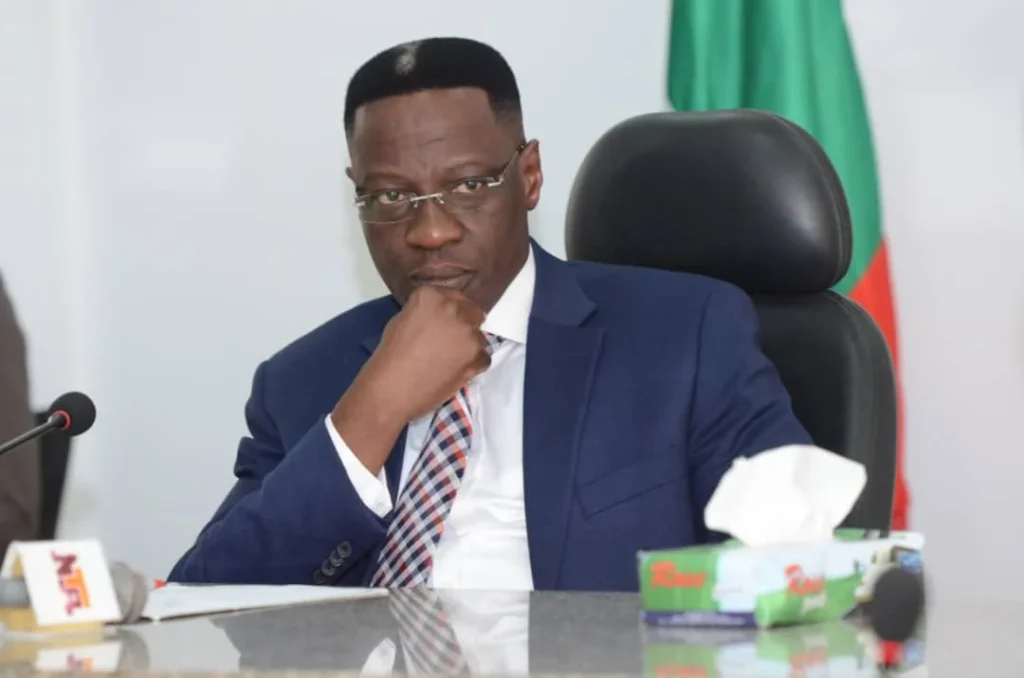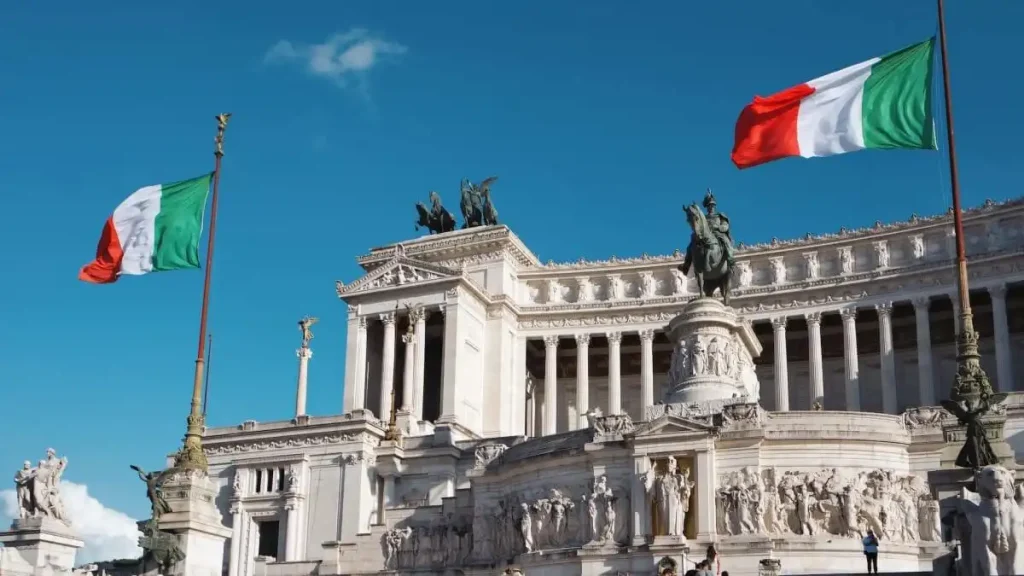President Muhammadu Buhari did not want to “throw away the baby with the bathwater,” according to the Presidency, which stated on Sunday night that he signed the 2022 Appropriations Bill into law despite the addition of 6,576 new schemes costing N37 billion.
The president’s reasoning for the action was provided in a statement by Garba Shehu, Senior Special Assistant to the President (Media & Publicity), who stated that although Buhari disagreed with the National Assembly regarding the budgetary changes, he was not at odds with the lawmakers.
The statement charged critics who wished to remain anonymous of attempting on purpose to cause a shambles between the legislature and the presidency.
“Given Mr. President’s commitment to improving the lot of the Common Man, it was felt that it would not be wise to throw away the baby with the bathwater,” the statement explained, outlining why the president had to sign the budget in addition to its other features.
“Mr. President was clear and candid in expressing his reservations with the numerous changes to the 2022 Budget made by the National Assembly, which would hamper its implementation,” the statement said, going into additional detail about Buhari’s reasoning for signing the bill.
But in response to those who argue that it is inappropriate to approve the budget given such serious manipulations, we would want to say the following:
Value-Added Projects, Programs, and Policies Must Be Saved:
“The 2022 Budget has tens of thousands more provisions, all of which, when efficiently and effectively implemented, will have a significant developmental impact on the lives and livelihoods of ordinary Nigerians, even though the National Assembly reduced over 10,733 projects and added 6,576 new ones to the budget.”
“The 2022 Budget includes ongoing capital projects, critical recurring votes, and priority new projects. The President’s patience in signing the Budget will protect these provisions from difficulties and delays in implementation.
“Managing Contemporary Democratic Standards:
It further stated that President Buhari is a democrat who firmly feels that the Constitution, with its checks and balances among the three branches of government, is supreme.
Although the President did voice his disapproval of the additions and other changes, such as the “reduction in the provisions for many strategic capital projects to introduce ‘Empowerment Projects,'” the Presidency contended that “many lies are being spread about the President being ‘angry’ at, had ‘blasted’ or ‘lashed out’ at the Parliament.”
“There is no way this is not the truth.”
The statement emphasized that disagreements such as the ones the president listed are common in the regular Executive-Parliamentary relationship because, as he put it, “executive and legislative judgements don’t always have to be the same,” as Senate President Dr. Ahmed Lawan stated shortly after the budget-signing ceremony.
“We assure that those who are trying to create a fiasco between the two arms of government because of the budget will ultimately be disappointed,” the statement continued.
Since then, the Executive and the 9th National Assembly have eschewed the irrational, destructive political games of the past and have conducted themselves in a way that prioritizes the interests of the country above all else.
“We doubt that any patriotic citizen would wish to see the return of the operating environment created by the 8th Senate, when the people were denied essential services, including those that compromised national security, and an elected government was kept in chains and held captive by a small group of people with petty political aspirations. Happily, the 9th National Assembly is more about policy than politics.
The two branches of government are independent and interdependent while also being coequal under the constitution. Cooperation is the name of the game, and the president—a democrat—fully acknowledges this.
The Presidency reaffirmed that the National Assembly had the authority to overturn the president’s decision to veto the bill—a power that, it pointed out, has not been used during the current administration.
The statement went on to declare that the National Assembly and the Executive had equal responsibility for passing laws like the Appropriations Act and other Money Bills.
In fact, the National Assembly has the authority to overcome the President’s veto if they can whip up enough support for it, even if the President had refused to sign the 2022 Appropriations Bill.
Thankfully, this circumstance has not emerged during the President’s Administration, and compared to the 8th National Assembly, there has been a significant improvement in the Executive’s connection with the Leadership of the 9th National Assembly.
“The President has instructed that an Amendment Budget Proposal be prepared and presented to the National Assembly upon their return from recess, based on his trust in the strength of this excellent working relationship.”
For the sake of all Nigerians, it is anticipated that the National Assembly will carefully review and accept the 2022 Amendment Budget Proposals once they are given to them in due time.
Therefore, it’s critical that President Buhari displayed his love of democracy rather than displaying “anger” or conflict when he signed the budget and called for talks with the legislature to settle the divisive issues.
“This or any other disagreement between the two arms of government will not alter the dynamics of that relationship between the parliament under Lawal and Gbajabiamila and the presidency under Muhammadu Buhari.”



